Barnard Castle
Castle In Barnard Castle, County Durham
A Grade I listed, 12th Century ruined castle on the banks of the River Tees in Barnard Castle
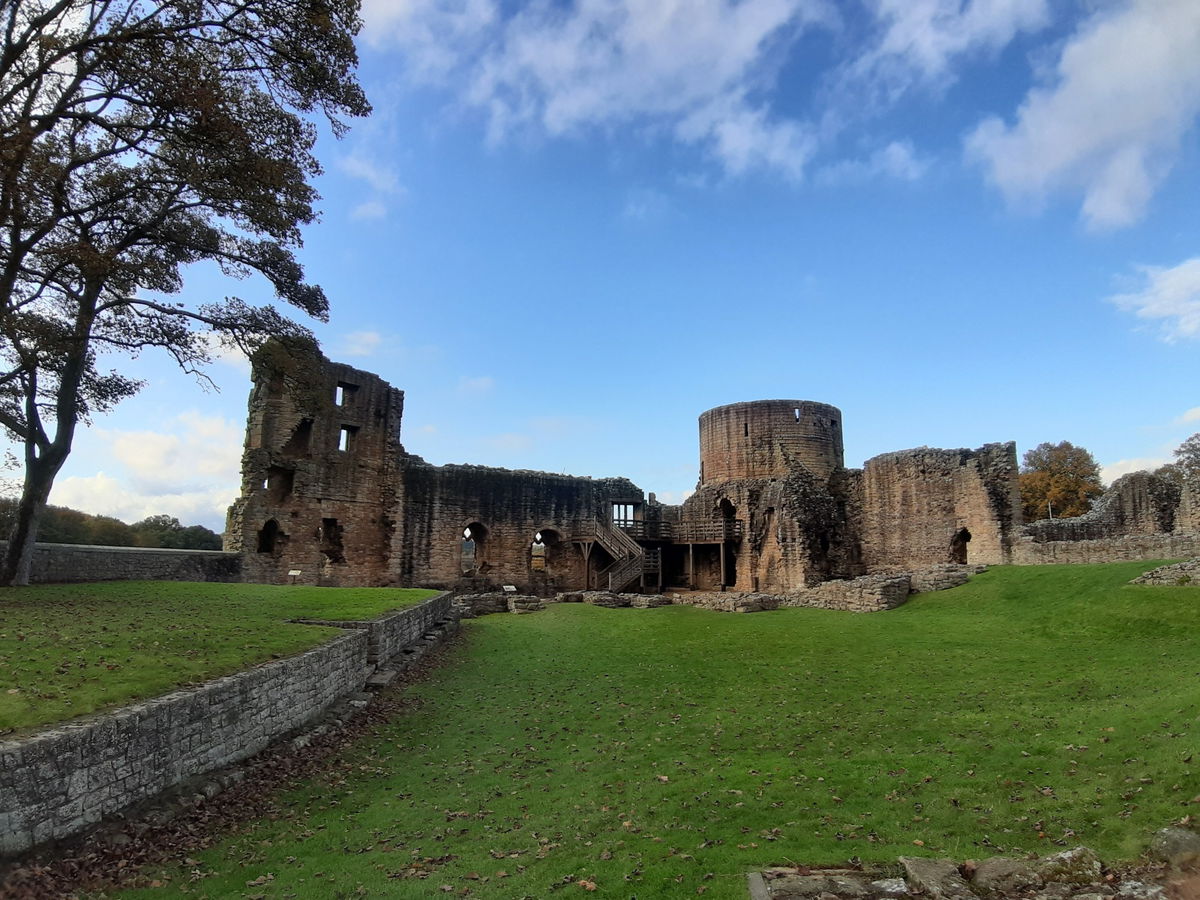
Barnard Castle is a market town in Teesdale that is famous for a number of things; the silver swan automaton at Bowes Museum, being the ancestral home of the Bowes Lyon family who number Queen Elizabeth, The Queen Mother as one of their own, and of course as a place to drive to as an eyesight test. But did you know it takes its name from Bernard de Balliol I who built a stone castle there in the 12th Century?


Before the Norman conquest the upper half of Teesdale had been combined into an Anglo-Norse estate which was centred upon the ancient village of Gainford and mortgaged to the Earls of Northumberland. The first Norman Bishop of Durham, Bishop Walcher, was murdered in 1080 and this led to the surrounding country being attacked and laid waste by the Norman overlords. Further rebellion in 1095 caused King William II to break up the Earldom of Northumberland into smaller baronies. The Lordship of Gainford was given to Guy de Balliol.
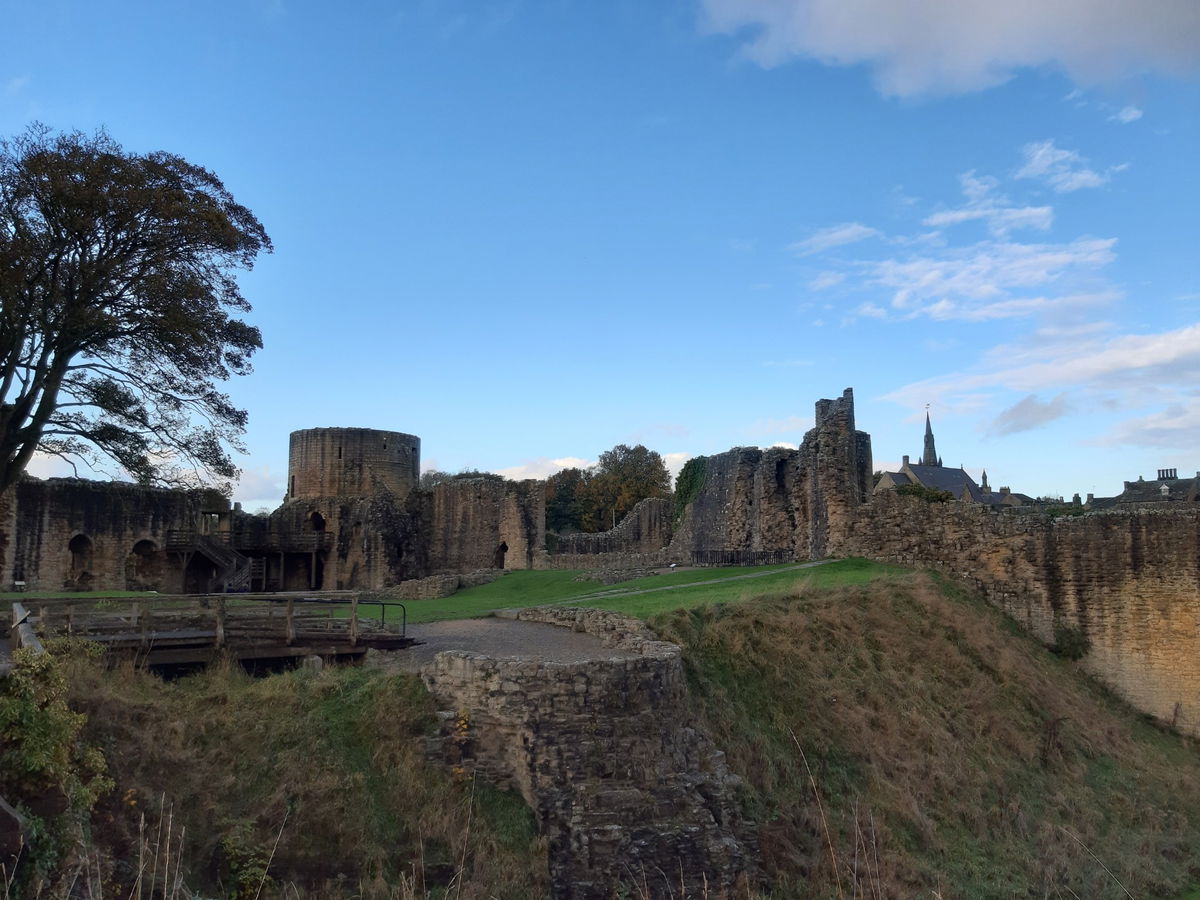
The earthwork fortifications of the castle were rebuilt in stone by his successor, Bernard de Balliol I during the latter half of the 12th century, giving rise to the town's name. The castle passed down through the Balliol family (of which the Scottish king, John Balliol, was the most important member) and then into the possession of Richard Neville, Earl of Warwick. King Richard III inherited it through his wife, Anne Neville, but it fell into ruins in the century after his death.
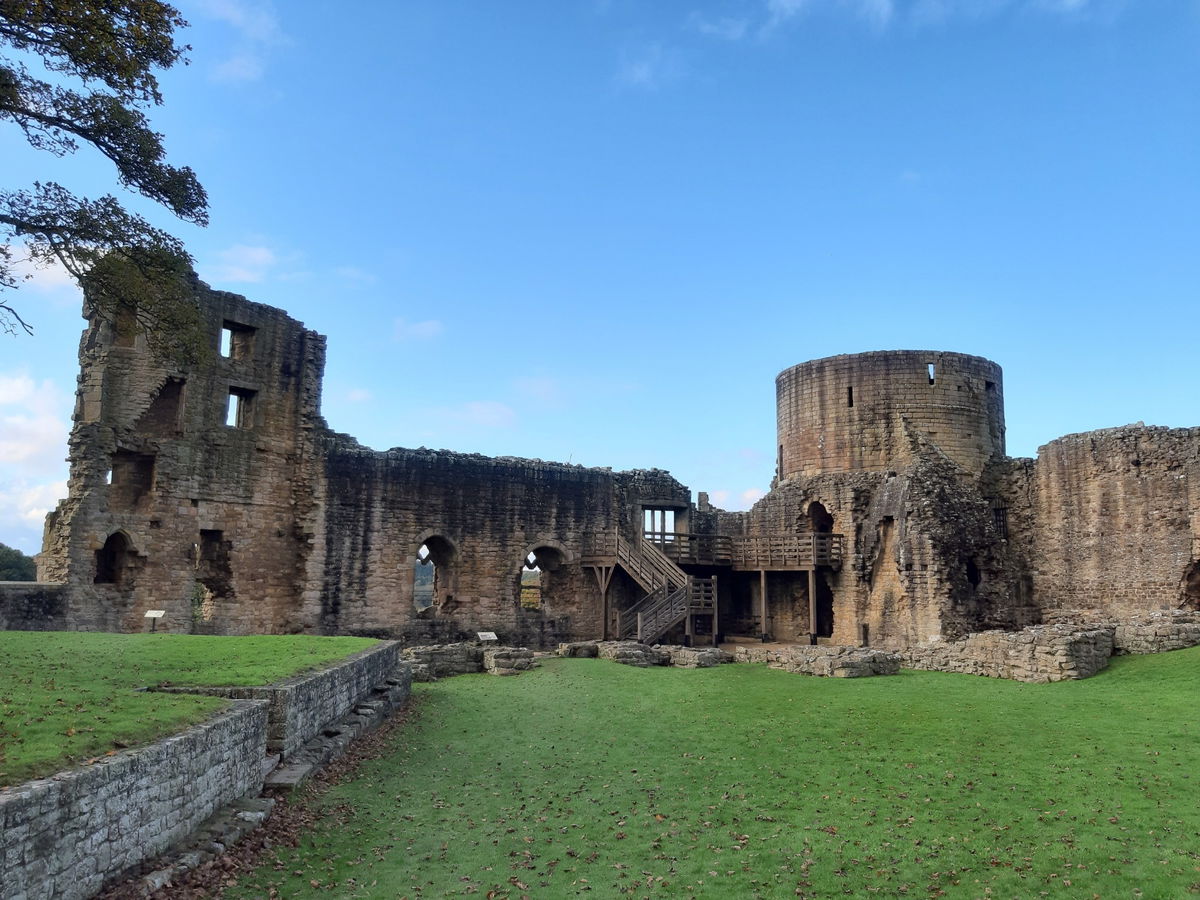
Another little fact that we would like to throw in, is that Walter Scott, the famous poet, playwrite and novelist, was a regular visitor to the town and begins his epic 1813 poem “Rokeby” with a man standing on guard on the round tower of the Barnard Castle fortress.
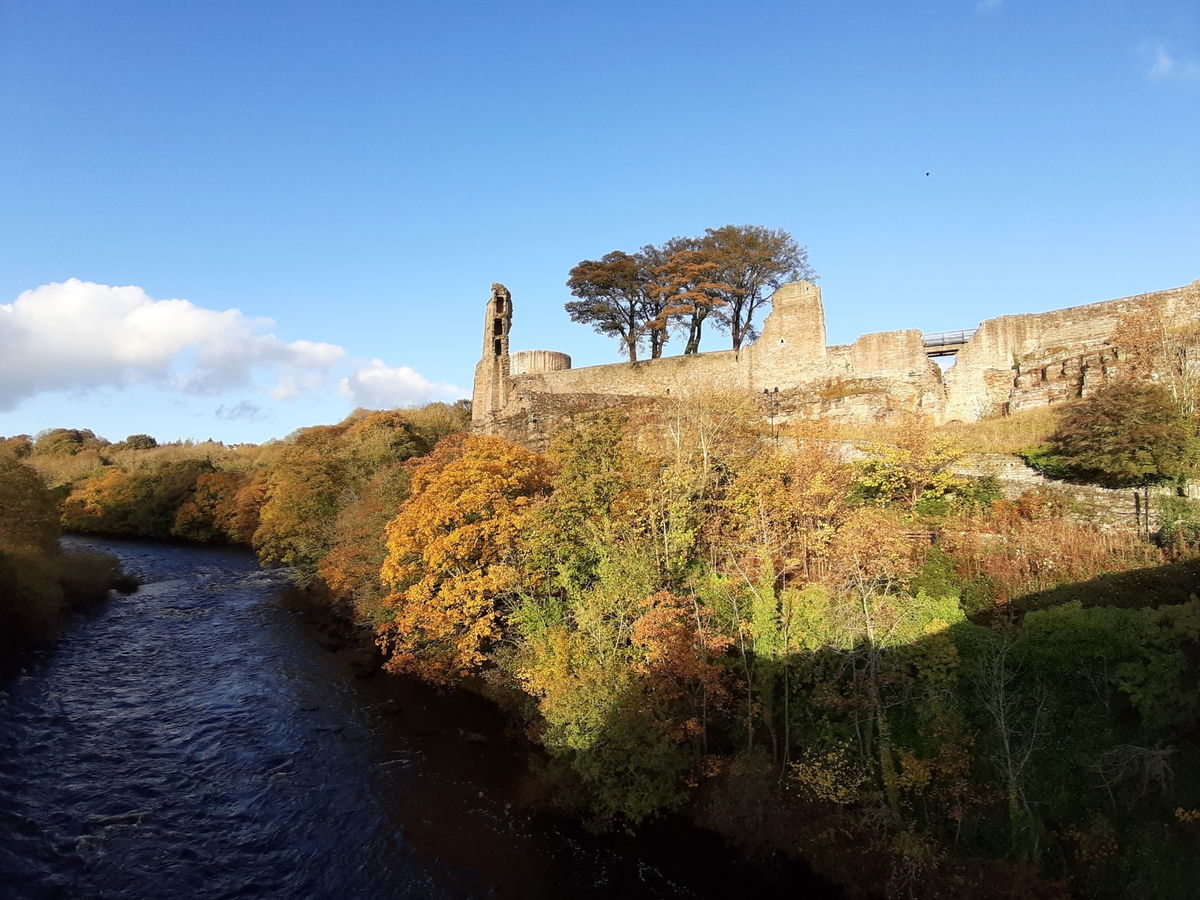
The remains of the castle are Grade I listed, and have incredible views over the Tees Gorge, whilst the chapel in the outer ward is Grade II listed. Both sets of remains are now in the care of English Heritage and open to the public.
Get 2 points if you have visited this place. Already visited by 144 VIPs.
Login to the VIP area to add places to your bucket list, mark them as visited and more importantly see where you rank on the league table.
How To Find Barnard Castle
Where To Park For Barnard Castle?
Lat / Long
54.544483, 54.544483
What three words
There is on street parking nearby at Galgate Car Park by Morrisons
Contributed by Andrew Gardner
I love being outdoors, in nature, and experiencing the relaxation it brings. Wandering through the northern countryside seeing unexpected buildings, historic places and occasionally surprised wildlife is one of life's great pleasures.
More Places from Andrew
More Places In Barnard Castle
Find more fabulous places in Barnard Castle, County Durham and if you know of a place we haven't listed, then let us know.
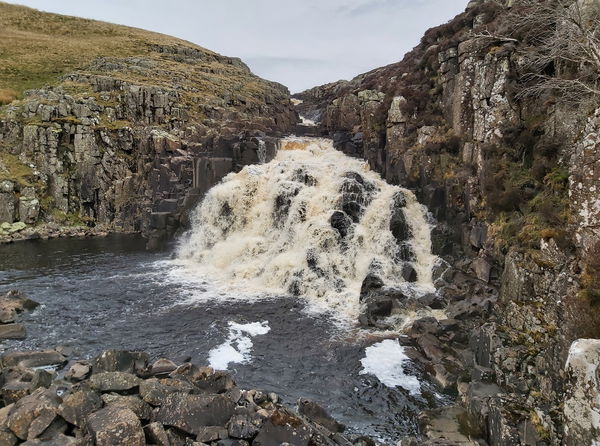
Cauldron Snout
Waterfall Barnard Castle County DurhamAt 180m it is the longest waterfall in the UK and is fed from Cow Green Reservoir.
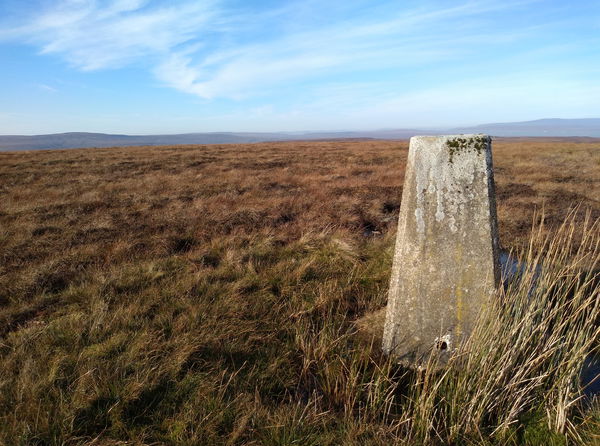
Hoove Faggergill Trig Point
Trig Point Barnard Castle County DurhamThe Hoove Faggergill trig point is sitting on Faggergill Moor (554m) near Barnard Castle.
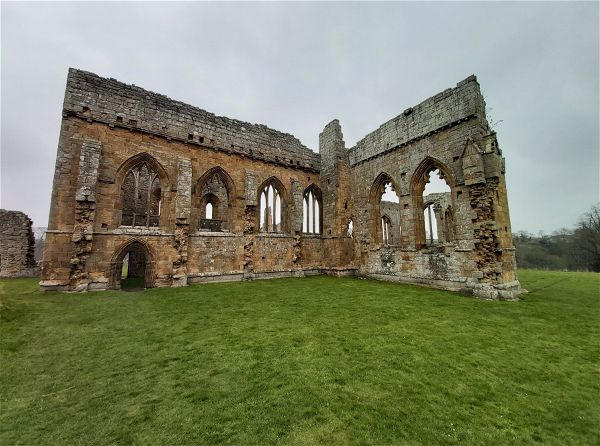
Egglestone Abbey
Religious Place Barnard Castle County DurhamBeautiful ruins of small monastery founded by White Canons set above a bend in the River Tees near Barnard Castle.
More Castles
So this castle wasn't enough and you want more? Don't worry we have you covered.
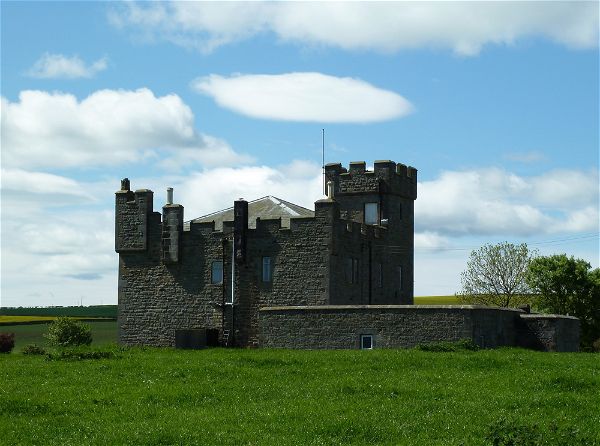
Belford Castle
Castle Belford NorthumberlandA castellated farmhouse sitting on the foundations of a 15th century motte and baily castle.
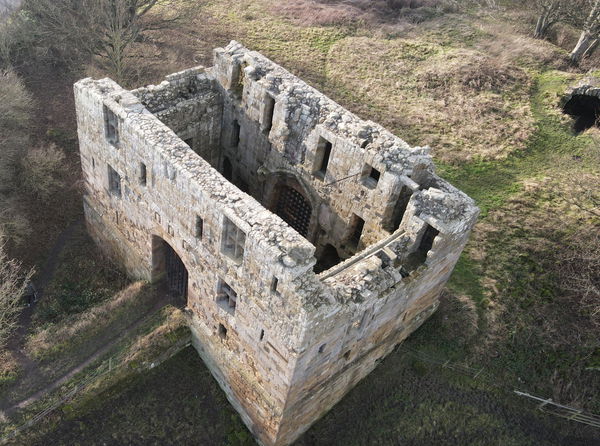
Whorlton Castle
Castle Northallerton North YorkshireRuined motte and bailey castle, dating back to the Norman Conquest.
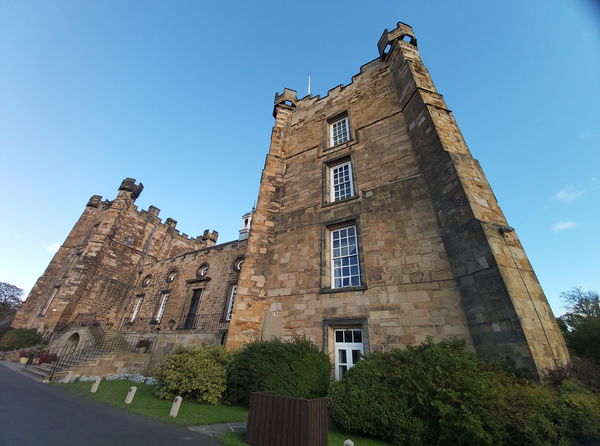
Lumley Castle
Castle Chester-le-Street County DurhamA grade I listed castle built in 1392, now a stunning hotel.
Never Miss A Fabulous Place
If you are afraid of missing out on all the fabulous places we post, or just want to be the first to know, then sign up to the Fabulous North.
Each week we will email you all the brand new places that we visit.
Sign Up To AlertsFind Us On Facebook
We post all our new places daily on our Facebook Groups page, so join the group today and be notified when we add a new place.
Join Our Facebook GroupBarnard Castle was listed in Castle // County Durham // Barnard Castle

